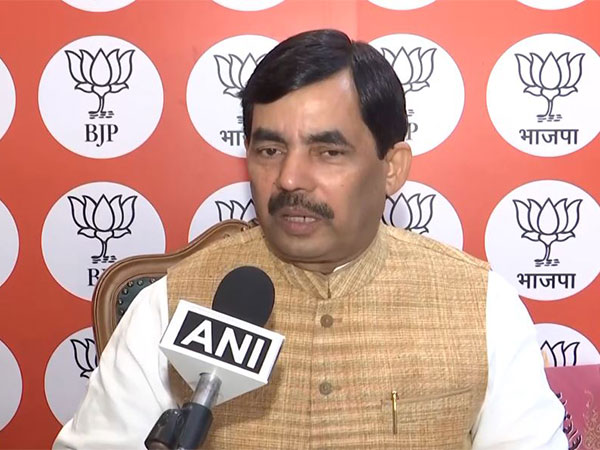BJP Leader Criticizes PDP's Mehbooba Mufti Over Mixed Stance on Violence
BJP's Shahnawaz Hussain criticized PDP chief Mehbooba Mufti for mourning Hezbollah leader Hassan Nasrallah's death, while not doing the same for slain Indian soldiers. Hussain accused Mufti of vote bank politics. Another BJP leader, Nalin Kohli, questioned her stance on past violence in Jammu and Kashmir.

- Country:
- India
On Monday, Bharatiya Janata Party (BJP) leader Shahnawaz Hussain strongly criticized People's Democratic Party (PDP) chief Mehbooba Mufti for expressing grief over the death of Hezbollah leader Hassan Nasrallah. Hussain pointedly asked why Mufti does not show similar emotions when Indian soldiers are killed in Jammu and Kashmir. He accused her of engaging in vote bank politics to attract the 14 percent Shia voters in the region.
In an interview with ANI, Hussain said, "Mehbooba Mufti is playing vote bank politics; she knows that 14 percent of Shia voters are in Kashmir. But why doesn't she express grief when Indian soldiers die? Why doesn't she withdraw her campaign then? She mourns the death of a Hezbollah chief but remains silent when our soldiers are killed. The entire country is aware of this."
The comments came after Mufti canceled her election campaign on Sunday in solidarity with the 'martyrs of Lebanon and Gaza,' following Nasrallah's killing by Israel in Beirut. In a post on X, Mufti stated, "Cancelling my campaign tomorrow in solidarity with the martyrs of Lebanon and Gaza, especially Hassan Nasrallah. We stand with the people of Palestine and Lebanon in this hour of immense grief and exemplary resistance."
Moreover, BJP leader Nalin Kohli also weighed in, questioning Mufti's position on past violence in Jammu and Kashmir. Speaking to ANI, Kohli posed, "The larger question is, on which side are they standing? Are they on the path of peace or violence? When they issue statements about organizations or individuals associated with violence, they appear to support that path. Serious questions arise about their stance during the violence in Jammu and Kashmir, especially when terrorism surged and Kashmiri Pandits were forced out. Can they escape answering these questions?"
(With inputs from agencies.)
ALSO READ
Syria's Shift: A New Challenge for Hezbollah
Shifting Sands: The Impact of Syrian Conflict on Hezbollah and Iran
Tragic Fratricide in Jammu and Kashmir: A Police Rivalry Turns Fatal
Tragedy Strikes: Fatal Food Poisoning in Jammu and Kashmir
Delicate Dance: PDP's Vision for Governing Jammu and Kashmir










